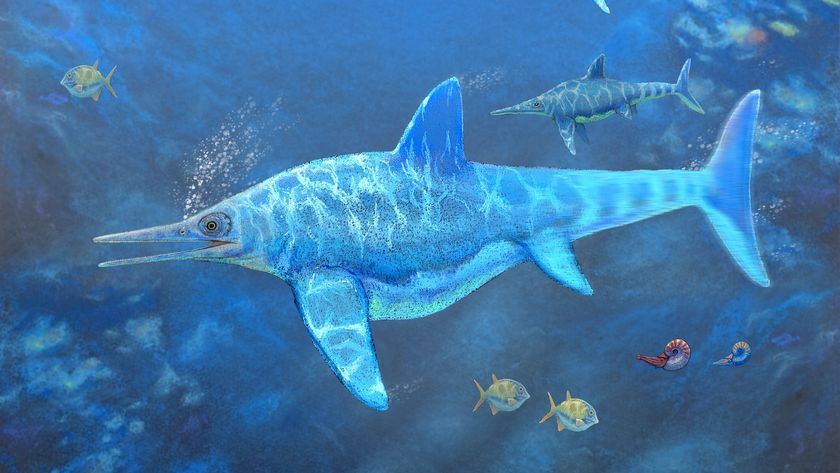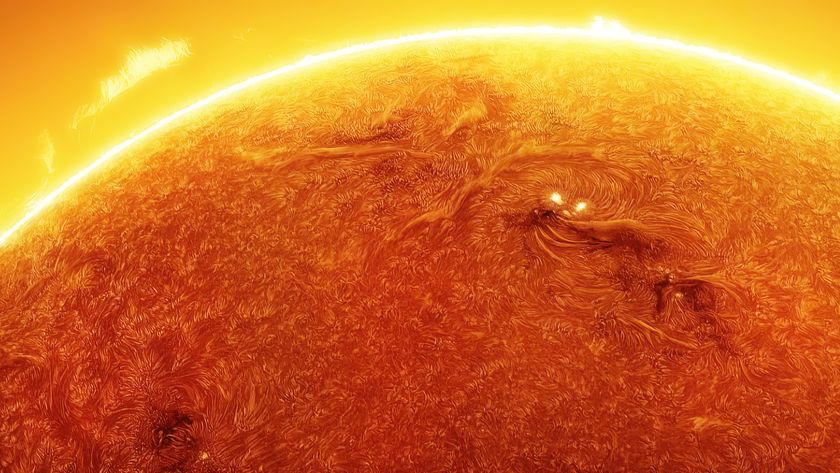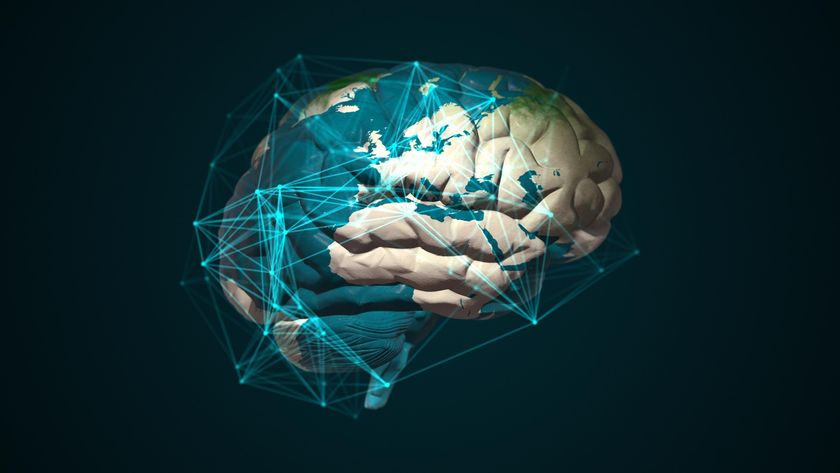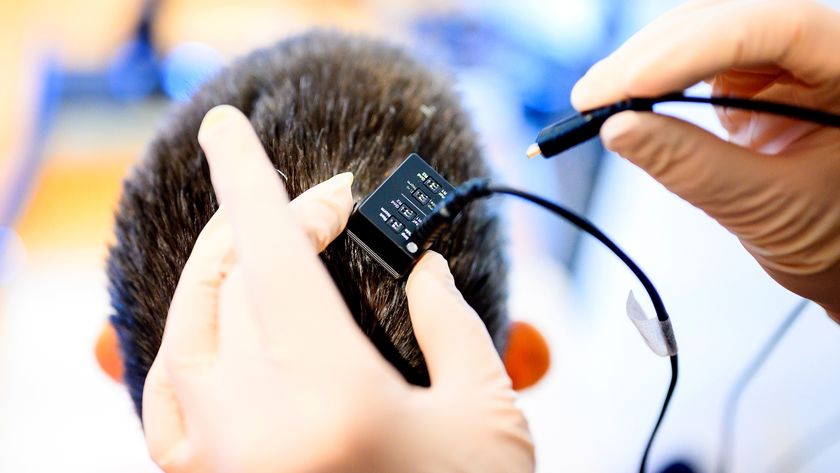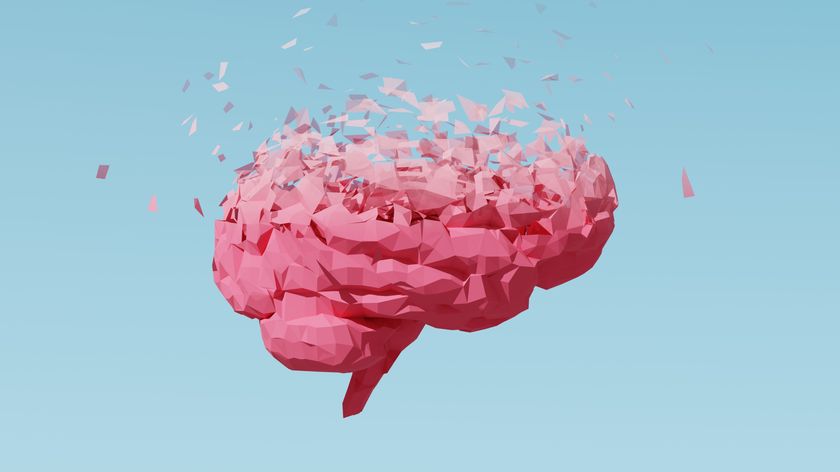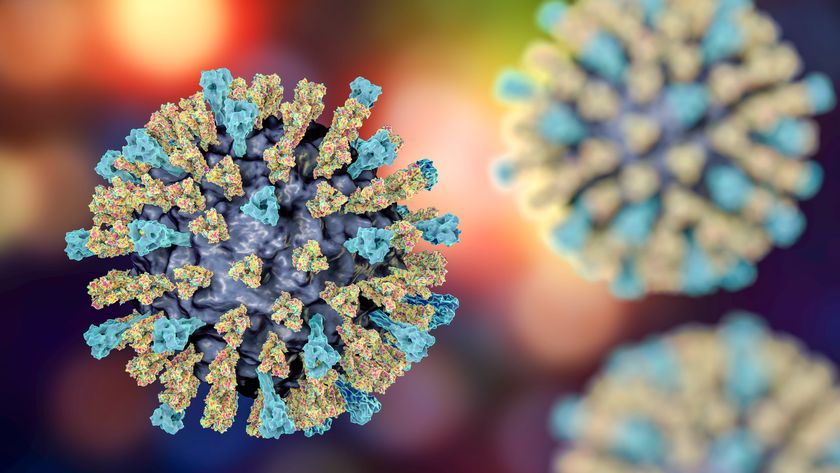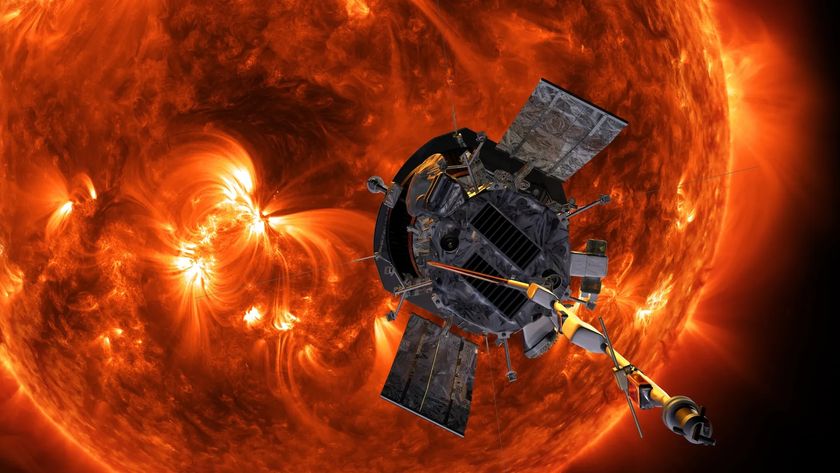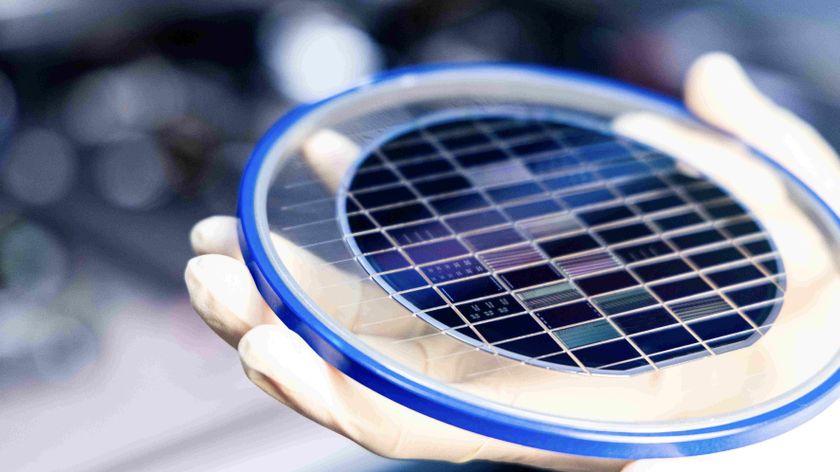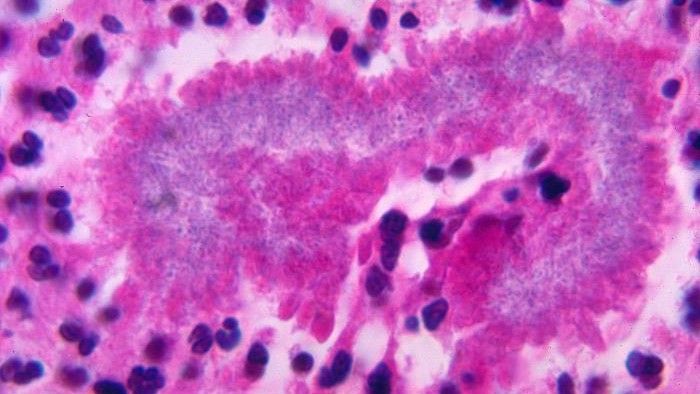'Dolly' Scientist: Make Human Stem Cells From Animal Eggs
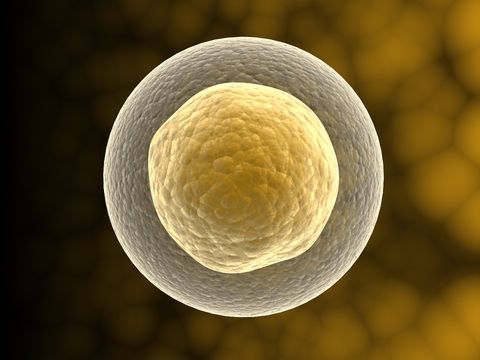
Stem cells from human embryos are seen as the future of medicine, but a major ethical question surrounds the research: Should federally funded scientists be allowed to extract the cells from embryos, a process which destroys them? Current U.S. laws clearly say “no.”
Ian Wilmut, who made history when he cloned Dolly the sheep in 1996, is now calling on scientists to inject human DNA into animal egg cells as a workaround to ethical and legal roadblocks. His commentary appears in Nature Reports Stem Cells, an online stem cell resource created by the journal Nature.
Wilmut proposes that scientists take a DNA-packed nucleus from a diseased person’s cell, then slip it into an animal egg from which the nucleus has been removed. About one times out of eight, a clump of human embryonic stem cells should grow. Once the clump is large enough, medical researchers could test experimental drugs on the cells without destroying a single human embryo.
Kevin Eggan, an embryonic stem cell researcher at Harvard University, said that Wilmut is onto something important. “I think that this is critical set of experiments that should go forward,” he told LiveScience.
The proposed process, Wilmut wrote, would be an improvement over the current approach—testing experimental drugs on mice. These experiments can take years to complete. Embryonic stem cells, however, need only a few days to grow up to a drug-testable point. “In a single year,” he wrote, “thousands of compounds” could be screened in the same time and at the same cost it takes to test a “handful” of drugs with mice experiments.
In addition to faster drug testing, the process could have several other benefits, Wilmut wrote. Medical researchers could get better results by testing drugs on human tissue—rather than a mouse’s—and avoid the expensive and challenging procedure of extracting eggs from women.
Although the ethical issue is not completely resolved, as human tissue would be growing in an animal egg, Wilmut is confident about the proposed procedure’s advantages. “Although barriers to producing embryos and embryonic stem cells (with this process) could be large,” Wilmut wrote, “so too are the lessons that could be learned."
Sign up for the Live Science daily newsletter now
Get the world’s most fascinating discoveries delivered straight to your inbox.
- Vote: Freakiest Lab Animals
- Embryonic Stem Cells Mimicked Without Embryos
- Interspecies Cloning Debate Reignites

'Love hormone' oxytocin can pause pregnancy, animal study finds

'Mini placentas' in a dish reveal key gene for pregnancy


